About WNJ Regional Medical Center Behavioral Health
The WNJ Regional Medical Center Behavioral Health offers a variety of services to help patients with mental health issues. The center offers dual diagnosis treatment for patients with both mental health and substance abuse issues. They also have programs specifically for adults, elderly patients, and young adults. The center offers both inpatient and outpatient rehab services. Cognitive behavioral therapy, experiential therapy, family therapy, and individual and group therapy are all available at the center.
Addiction Treatment Programs
Dual Diagnosis
Many people with addiction issues also have a mental health diagnosis, which is known as a dual diagnosis. Be sure to find a rehab in Texas that can treat both. A mental health diagnosis can feed into an addiction, making both worse. In a dual diagnosis program, these concerns are addressed along with typical evidence-based detox, inpatient treatment, and outpatient care.
Adult Program
An adult program in Texas addresses the unique need of adults, such as finding secure housing, building a career, and raising a family. Adults often have challenges related to their careers, raising a family, and handling responsibilities. These concerns are addressed during evidence-based detox, inpatient treatment, and outpatient care.
Senior Rehab
Offering specialized substance use treatment for those who are older, senior rehabs in Texas provide a safe space to work on recovery. Older Americans often deal with chronic pain, loneliness, financial issues, and more. These concerns are addressed along with typical evidence-based detox, inpatient treatment, and outpatient care.
Young Adult Rehab
Young adult rehabs in Texas address a wide range of substance use issues while also helping clients transition into adulthood. Young adults often have questions about starting their careers, having a family, and living independently without overspending. These concerns are addressed along with typical evidence-based detox, inpatient treatment, and outpatient care.
Insurance Coverage
Medicaid
How do you pay for rehab in Texas? If you have Medicaid, consider using it to pay for some or all of the costs of treatment. Medicaid covers multiple levels of care, and you may have no out-of-pocket costs. However, you’ll need to choose a treatment center that accepts Medicaid.
Private insurance
When you’re planning to use private insurance to pay for rehab in Texas, there are a few details to keep in mind. Your insurance plan can cover some or all of the cost of treatment. You’ll need to contact your insurer to find out what centers are in-network with your plan and what out-of-pocket costs you may be responsible for.
Self-pay options
When you use self-pay for rehab in Texas, you have a chance to choose any treatment center you like. Self-pay, also known as private pay, involves writing a check, using a medical loan from a bank or credit union, or sending money electronically. Payment arrangements may vary depending on the level of care.
Medicare
When looking for ways to pay for rehab in Texas, consider Medicare. Your Medicare plan can pay for some or all of the costs of rehab, although you will want to check on the full details. You may have some out-of-pocket costs such as copays or deductibles.
Levels of Care
- 1
Inpatient Rehab
There are multiple options for addiction treatment in Texas. During inpatient treatment, you live at the facility and are able to focus on creating a new way of life. Inpatient treatment programs generally last 30 to 90 days and include counseling and classes on emotional regulation, coping strategies, and other vital life skills.
Therapies
Cognitive Behavior Therapy
In Texas, cognitive behavioral therapy (CBT) helps you identify wrong thinking that can create impulsive actions. This makes it much easier to reach long-term recovery. As you learn to identify thought disortions, your confidence in your ability to manage a wide variety of situations will grow. You’ll have the tools you need to address problems and manage triggers in a healthy way.
Experiential Therapy
In Texas, experiential therapy is a holistic therapy that is widely used in addiction treatment. Experiential therapy is a complement to traditional evidence-based treatment approaches and may be a part of inpatient treatment, outpatient care, or both
Family Therapy
Attending family therapy in Texas is a way to address broken relationships and dysfunction, helping you establish long-term recovery. Substance use treatment includes detox, inpatient treatment, and outpatient care, and family therapy may be a part of each of these stages. The goal is to help families address past events and broken relationships and develop healthy ways of relating to each other.
Individual Therapy
During individual therapy in Texas, clients work with a professional to address specific individual concerns. During individual therapy, you have the freedom and confidentiality to share personal issues and past experiences that may impact your substance use. Your therapist will help you work through those concerns and develop new ways of handling them.
Group Therapy
Attending group therapy in Texas is a way to overcome shame and isolation, helping you establish long-term recovery. Sessions generally last 60 to 90 minutes and give you a chance to discover others’ experiences, hear about the impact of substance use, and learn important new life skills.
Location
Contact WNJ Regional Medical Center Behavioral Health
Top Drug Rehab Centers in Texas
-
 Texas
TexasLa Hacienda Outreach
7400 Blanco Road, Suite 129 San Antonio, Texas 78216
-
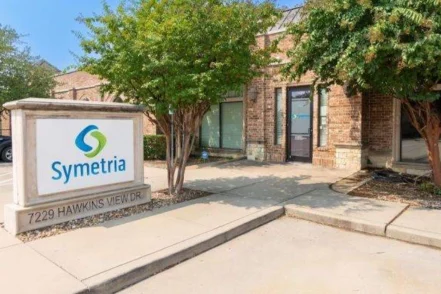 Texas
TexasSymetria Recovery Fort Worth
7229 Hawkins View Drive Fort Worth, Texas 76132
-
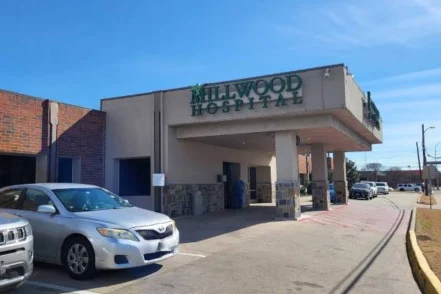 Texas
TexasMillwood Hospital
1011 North Cooper Street Arlington, Texas 76011
-
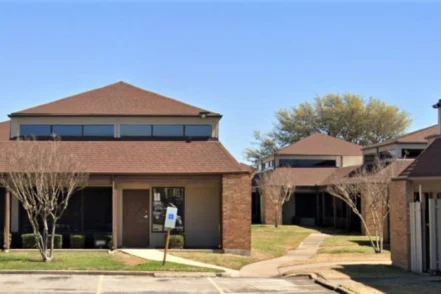 Texas
TexasChemical Dependency Health Services CDHS
214 Billings Street, Suite 240 Arlington, Texas 76010
-
 Texas
TexasNew Season Dallas County Treatment Center
123 East Colorado Blvd Dallas, Texas 75203
-
 Texas
TexasStonegate Center
7510 Fm 1886 Azle, Texas 76020
-
 Texas
TexasSymetria Recovery College Station
1651 Rock Prairie Road, Suite 101 College Station, Texas 77845
-
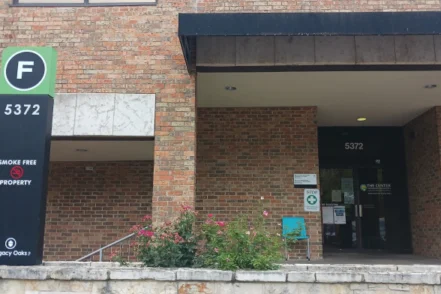 Texas
TexasCenter for Healthcare Services Northwest Clinic
5372 Fredericksburg Road, Building F San Antonio, Texas 78229
-
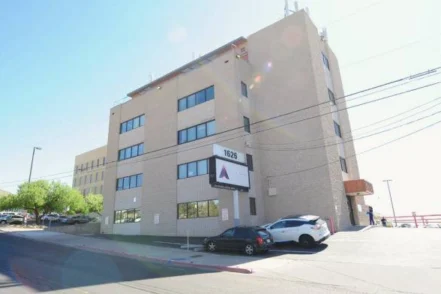 Texas
TexasAliviane Imastar
1626 Medical Center Street El Paso, Texas 79902
-
 Texas
TexasDoris Miller Department of Veterans Affairs Medical Center
4800 Memorial Drive Waco, Texas 76711
-
 Texas
TexasGreenhouse Outpatient Treatment Center
2301 Avenue J Arlington, Texas 76006
-
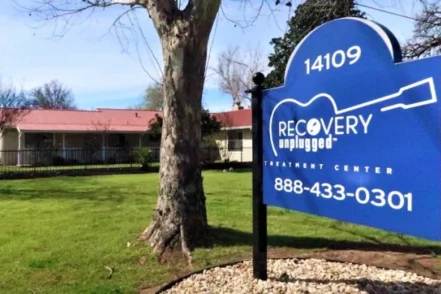 Texas
TexasRecovery Unplugged Austin
14109 Fm 969 Austin, Texas 78724
-
 Texas
TexasEl Paso Behavioral Health System
1900 Wyoming Avenue El Paso, Texas 79903
-
 Texas
TexasRiverwalk Ranch
6960 Dick Price Road Mansfield, Texas 76063
-
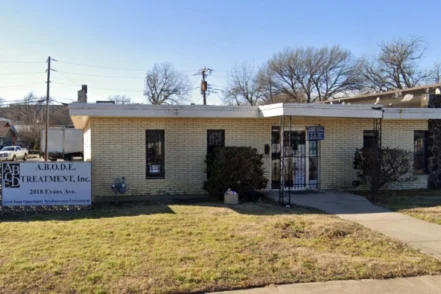 Texas
TexasABODE Treatment Fort Worth Evans Avenue
2018 Evans Avenue Fort Worth, Texas 76104